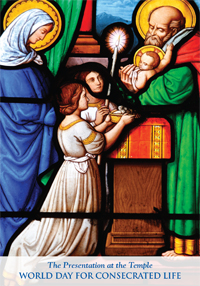 If you visit the Cathedral or St Malachy’s at a quiet time during the week, you’re sure to find some elderly woman or man kneeling and quietly praying their rosary, or lighting a candle at the shrine for some special intention or other. That’s what I imagine old Simeon and Anna must have been like. They were in the Temple praising God when Mary and Joseph came to present the child Jesus to The Lord.
If you visit the Cathedral or St Malachy’s at a quiet time during the week, you’re sure to find some elderly woman or man kneeling and quietly praying their rosary, or lighting a candle at the shrine for some special intention or other. That’s what I imagine old Simeon and Anna must have been like. They were in the Temple praising God when Mary and Joseph came to present the child Jesus to The Lord.
Old Simeon took the child in his arms and prayed that beautiful Canticle which every priest and consecrated person says at night before going to sleep: at last… “At last all powerful Master you give leave to your servant to go in peace according to your promise; for my eyes have seen thy salvation, which thou hast prepared for all the peoples: a light to enlighten the Gentiles, and the glory of thy people Israel” (Luke 2:29-32).
It was those words, “a light to enlighten the Gentiles” which inspired the custom of blessing candles on today’s feast of the Presentation, or Candlemas Day as it is sometimes called. My mother is a great believer in blessed candles. There’s nearly always one lit at home for some special intention or other.
Seventeen years ago, Pope John Paul II designated the feast of the Presentation of The Lord, as World Day of Prayer for women and men in consecrated life. He did so because they are especially called to reflect the light of Jesus Christ to all peoples. It’s almost as if they are like ‘blessed candles’ or at least a ‘blessed presence’ among us. Their calling is to reflect the light of Christ in lives of poverty, chastity and obedience. Today’s celebration is our way of showing the sisters, brothers and priest religious of our archdiocese that they are highly esteemed by us, and that we appreciate their witness among us. Today is also a day when they can renew their commitment and rekindle the fervour which first inspired them to offer themselves to the Lord.
When I first came to the archdiocese last year I remember being struck by the variety of religious congregations here. There are currently 23 different congregations of consecrated persons living and witnessing in 50 different communities across the archdiocese. Some of these congregations have been in the archdiocese for hundreds of years; others are relatively recent arrivals.
It is important for us to realise that consecrated persons are not here simply to “do” things, they are not merely functionaries. They are here to “be” the light of Christ among us, to be witnesses, and thereby to call and challenge us to live more perfectly our own baptismal calling. The best way to bring others closer to Jesus is to be a witness. Nearly forty years ago Pope Paul VI put it very powerfully when he said: “modern man listens more willingly to witnesses than to teachers, and if he does listen to teachers, it is because they are witnesses” (Apostolic Exhortation, Evangelii Nuntiandi 41).
The way in which people of consecrated life witness among us is through their ‘charism’ – the particular gift or identity that they bring to the church. In many cases their charism first shone out in the life of their holy founder or foundress- like the way Mother Teresa, who founded the Missionaries of Charity, witnessed to ‘wholehearted and free service of the poorest of the poor’, or Venerable Mother Catherine McCauley, the Irish nun who in 1831 founded the very first House of Mercy to provide education and care for homeless women and children. And there are so many more charisms of consecrated life here in Ireland: in education, healthcare, missionary work, preaching, hospitality, contemplative prayer and many more.
As we gather for this World Day for Consecrated Life, let us praise God and thank him for the great gift of consecrated life, which enriches and gladdens the Christian community. We should never forget that consecrated life is first and foremost God’s gift to the Church. It is God who takes the initiative by looking on young men and women with great love, touching their hearts and attracting them to give their lives completely to Him. Because the consecrated life is God’s gift, I encourage you to pray that more girls and boys in Ireland will consider this way of life. The Church here is on the threshold of renewal and new life. But it will be impossible for us to carry the light of Christ to the next generations without the witness, charisms and example of religious women and men. It may well be that we need new charisms to do that, but if we pray, I am confident the Holy Spirit will lead us.
Just before Christmas Pope Francis called on leaders of religious congregations to ‘ Wake up the world! Be witnesses of a different way of doing things, of acting, of living!’ Similarly here in Ireland we need new consecrated persons, prophets who will wake us up and call us to fresh and powerful ways of living the Christian life in the modern world. I am delighted that Pope Francis has declared next year, 2015, as a year for consecrated life in the universal church. This will be a great opportunity for us in Ireland not only to acknowledge and thank God again for the richness of consecrated life in this country past and present, but also to consider what are the particular charisms that are needed at this time in this country. Perhaps next year we might consider inviting new religious congregations that are thriving in the young churches around the world to come and shine the light of Christ in our renewal!
St Teresa once asked: “What would become of the world if there were no religious?’ (Autobiography, ch. 32, n. 11). Closer to home we might ask: ‘What would become of Ireland without the witness of consecrated women and men in the life of our church? Let us pray and work to ensure that our church will always be enriched by their presence.
Finally I would like to say a word to the religious who are here with us this morning. On behalf of Cardinal Brady and the people and priests of the archdiocese I want to thank you again for your witness to Christ who is the light of the world. I thank you for your prayers, and for the support and help that you are giving to so many people. I invite you to celebrate and thank God today for the great things which the Lord has accomplished through you. Consider again today the source of your vocation, the life and charism of your holy founder. Take stock of your own life, confirm the commitment of your own consecration. At 77 years of age Pope Francis has shown us that age is no barrier when it comes to powerful witnessing to Christ.
May you be like blessed candles among us! Be light and comfort to everyone you meet. Like lighted candles, burn with the love of Christ. Spend yourselves for him, spreading the Gospel of his love everywhere. Through your witness may the eyes of many men and women of our time be able to see the salvation which God has prepared for all the nations, a light to enlighten the Gentiles, and the glory of God’s people Israel.
Ends



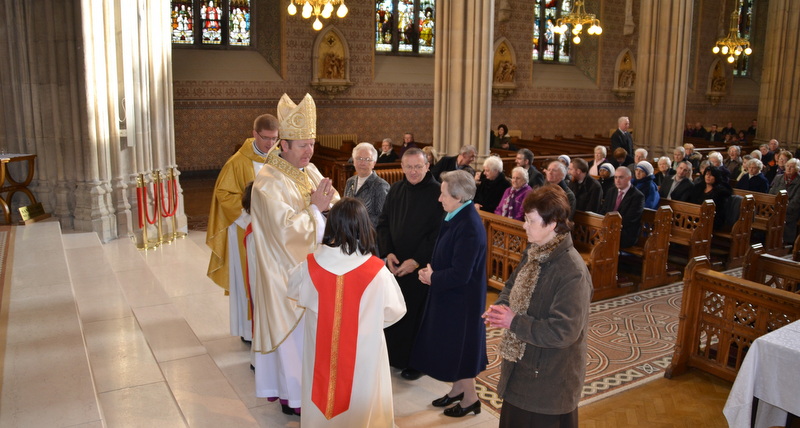
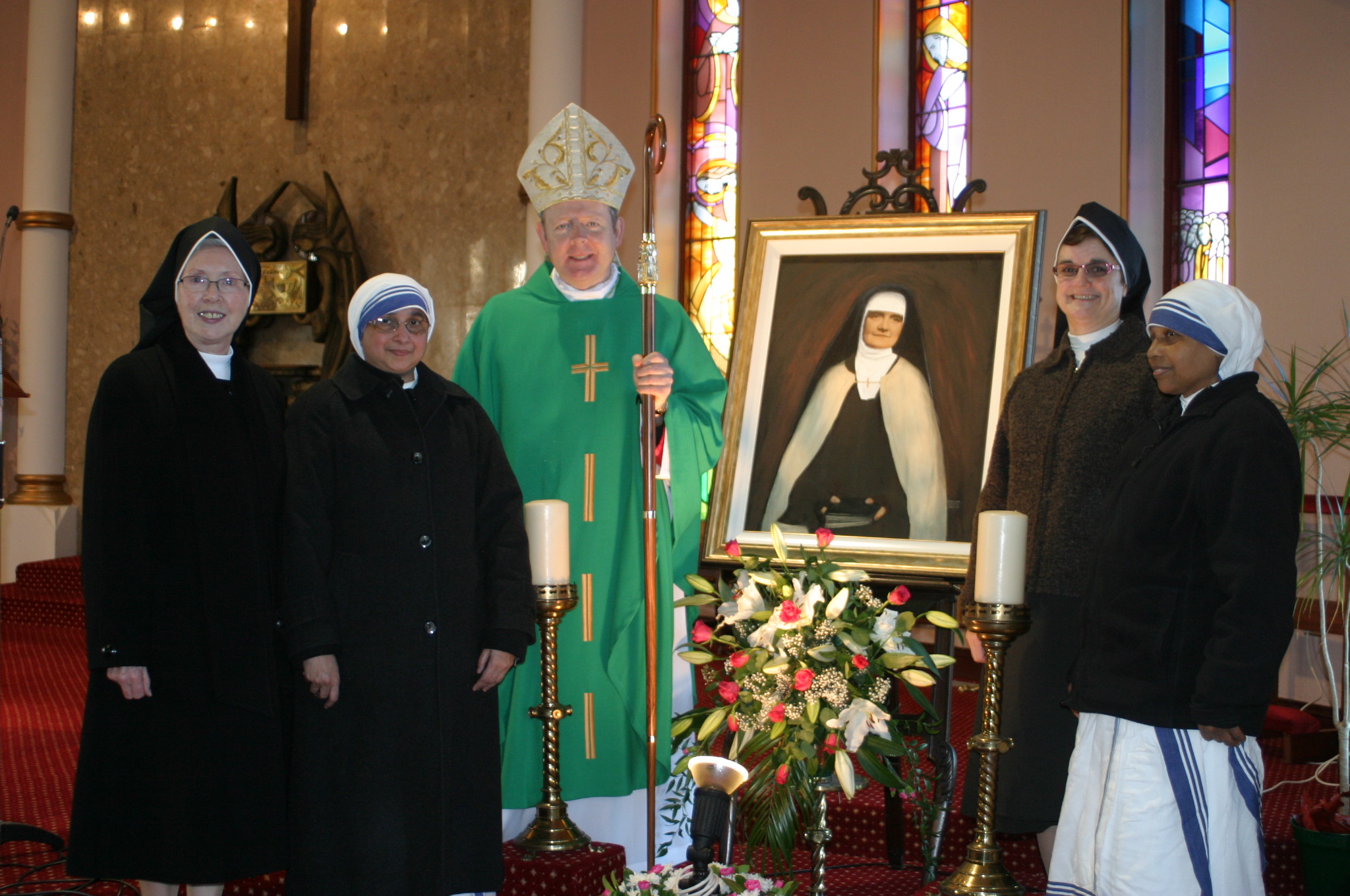
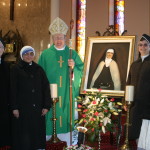
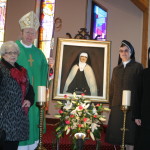
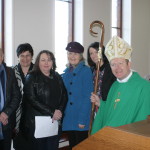
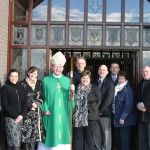
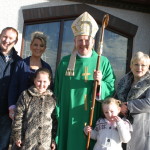
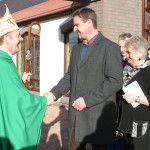
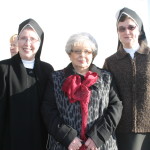
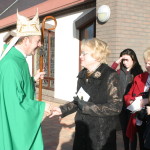
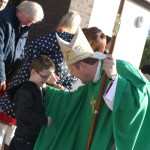
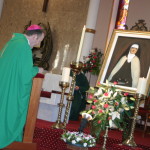
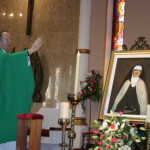
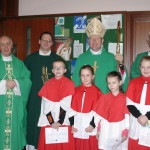

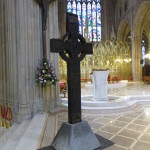
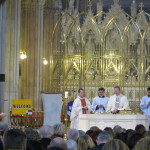
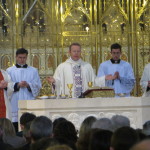
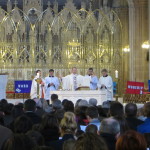
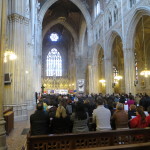
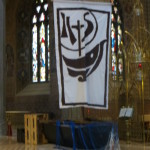
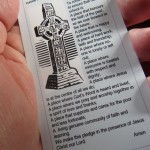
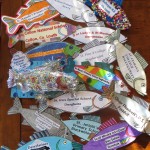
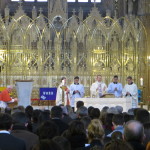
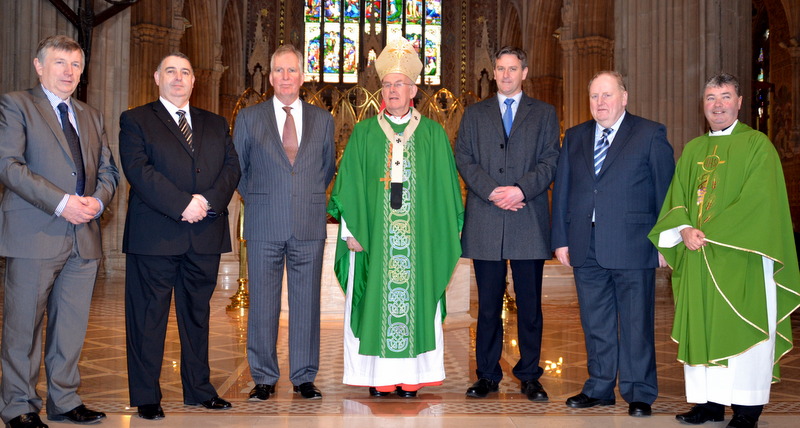
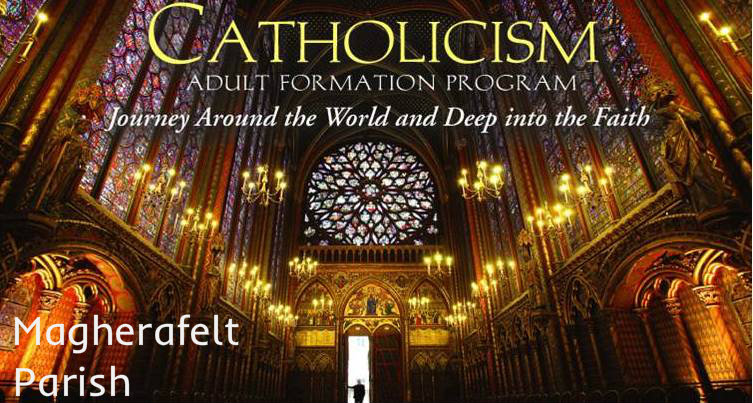


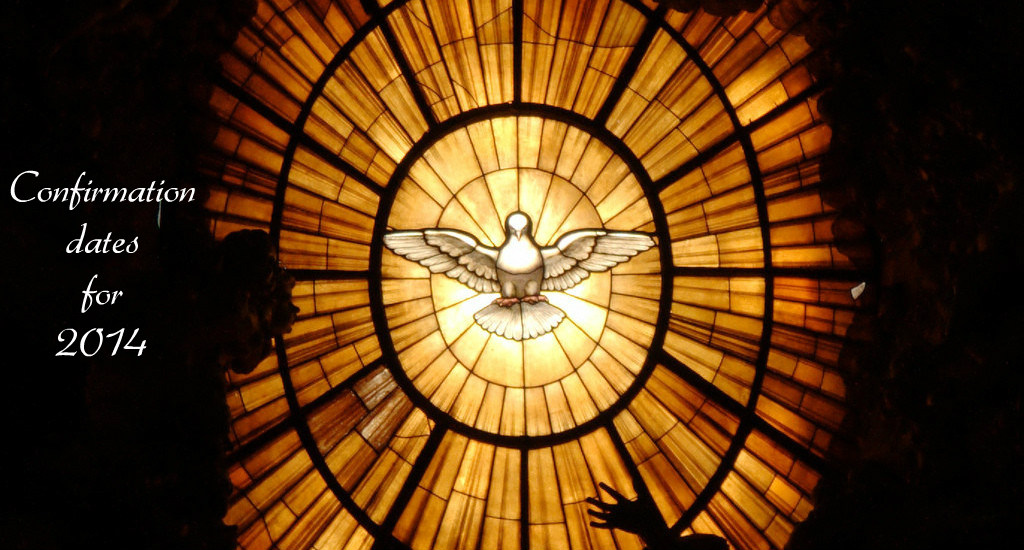
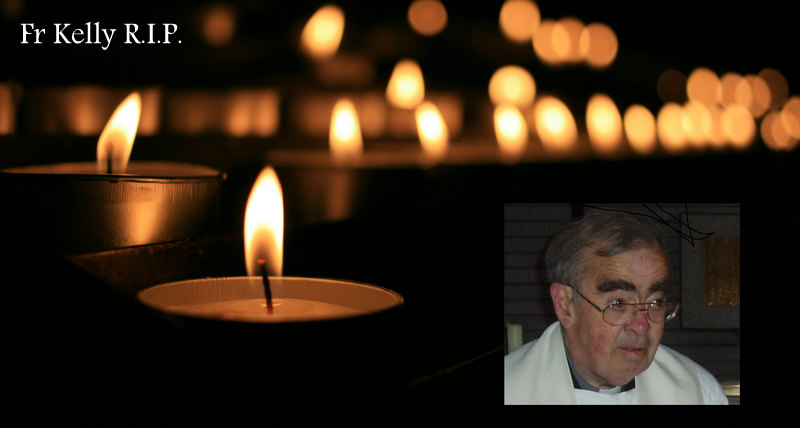

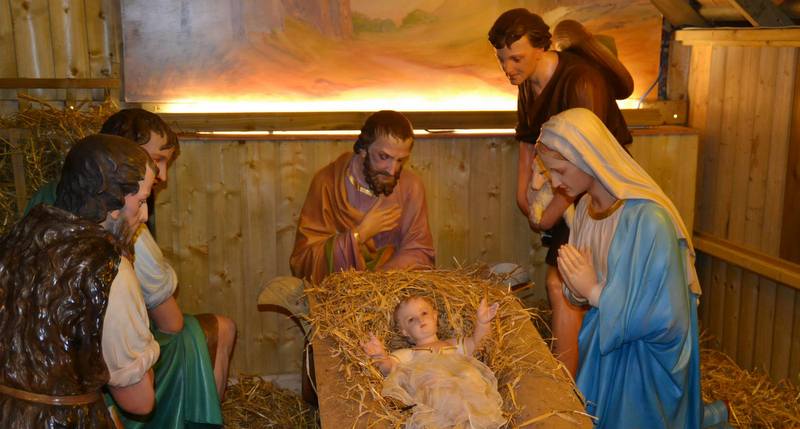
You must be logged in to post a comment.